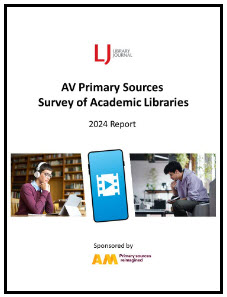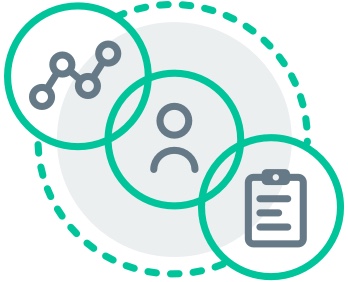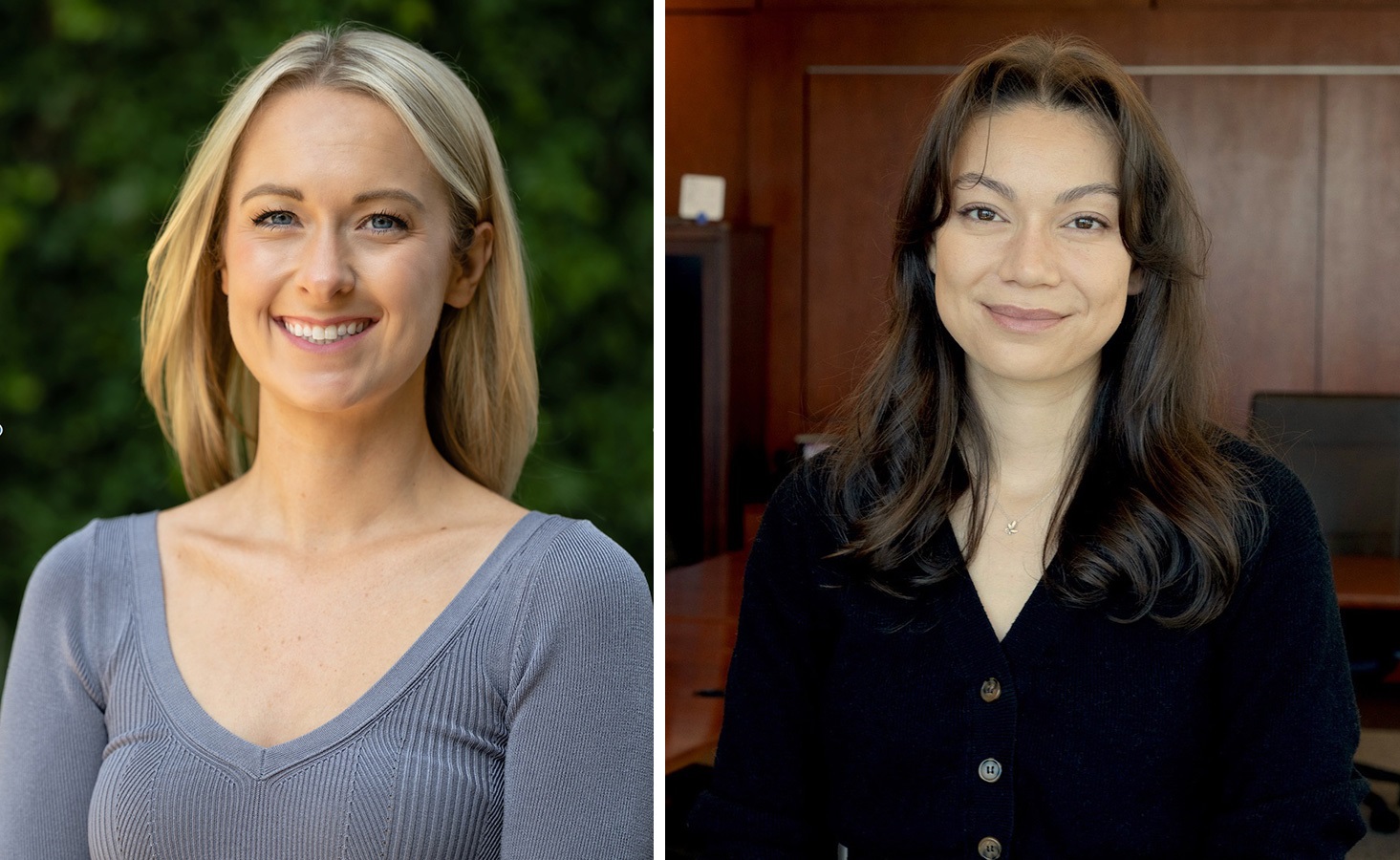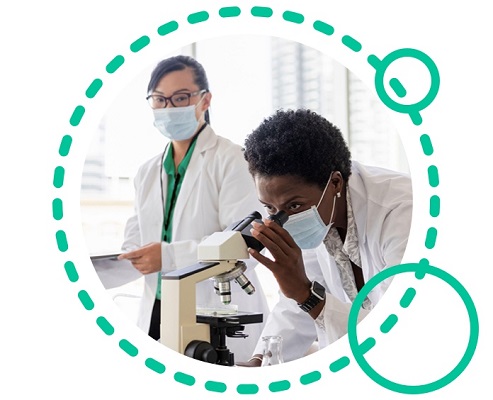Research
LJ’s 2024 Placements & Salaries Survey sees new grads grapple with questions of relocation, living wages, and job drift, but eager to begin careers in the field.
Library Journal & AM developed the AV primary sources survey to learn the extent to which library audiovisual materials are being used in colleges and universities as primary sources for scholarly research. Download your copy today
This year marks the 20th anniversary of Gale’s “Eighteenth Century Collections Online” (ECCO), the largest collection—32 million pages—of 18th-century books, pamphlets, periodicals, and other ephemera in the world. ECCO was revolutionary in providing researchers and students a text-searchable corpus at their desktops 24/7.
As more academic journals embrace open access publishing models in response to shifting requirements from funders, open access content is playing an increasingly significant role in modern research.
With new guidelines stating that by Dec. 31, 2025, all federally funded research should be made freely available to the public moving forward, the momentum toward open access publishing at colleges and universities is growing.
Research assessment, or the process that universities use to measure the value of published papers and other research outputs, plays a critical role in hiring, promotion, and tenure decisions. It can have a profound effect on the job stability and reputation of researchers.
Although lacking 2022’s dramatic job market gains, this year’s Placements and Salaries survey demonstrated a hard-won stability.
In 2022, librarians at Utah State University collected 58 survey responses and conducted 10 interviews with high school librarians and teachers in Utah to better understand information literacy instruction happening within our high schools. Along with investigating the skills being prioritized, our study looked at how teachers and librarians are collaborating as fellow educators.
Research data are the underlying evidence that supports the claims made in scholarly publications, and making these data publicly available is a fundamental aspect of open access publishing. Yet, owing to a number of obstacles—some real, some perceived—many researchers are reluctant to share their data with the broader research community.
ALREADY A SUBSCRIBER? LOG IN
We are currently offering this content for free. Sign up now to activate your personal profile, where you can save articles for future viewing









